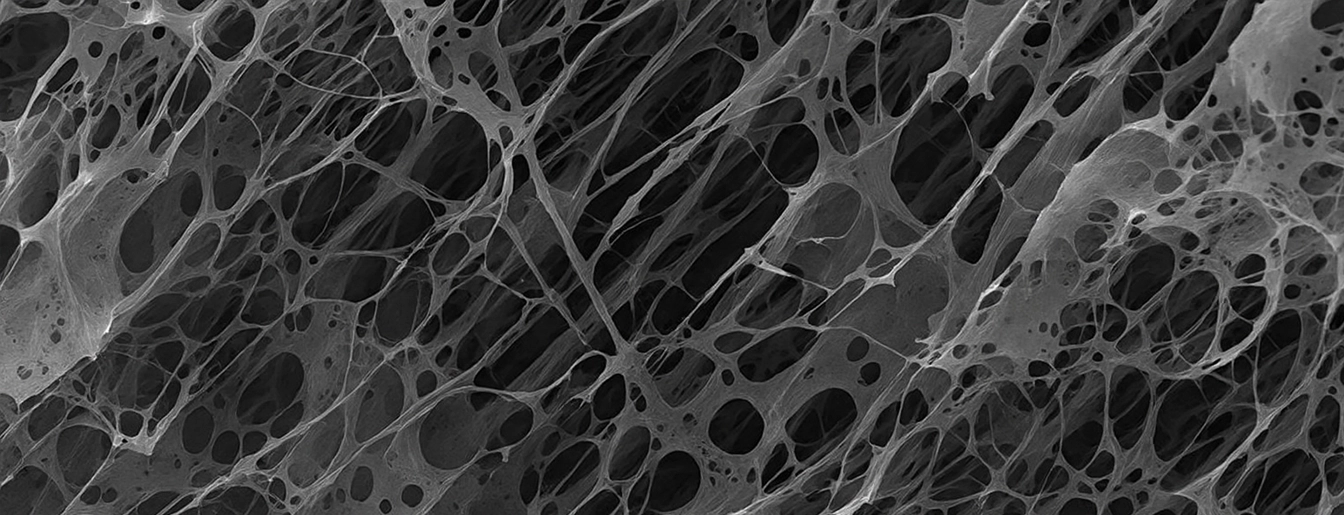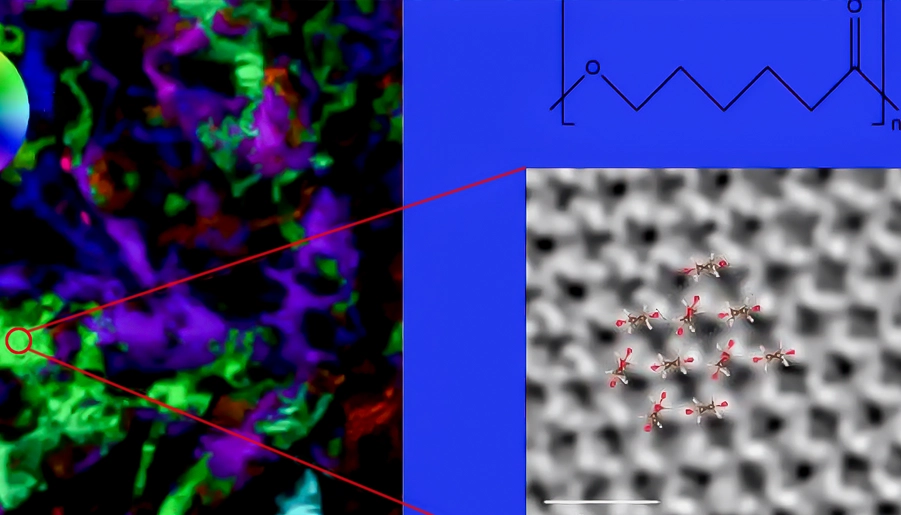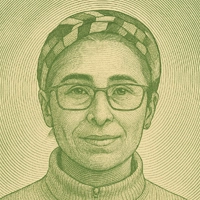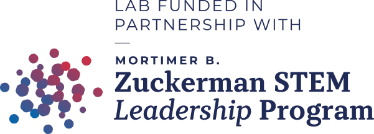




About the Lab
The lab’s research lies at the intersection of soft materials science and organic solid-state, with a focus on crystal growth and structural evolution. Researchers investigate the controlled assembly and crystallization of organic molecules, aiming to precisely regulate polymorphism, morphology, size, and structure.
A central component is the real-time observation of crystallization events using in situ atomic force microscopy (AFM), complemented by microfluidics, advanced electron microscopy and X-ray diffraction analysis. These efforts contribute both to the rational design of organic crystalline materials and to a deeper understanding of the fundamental mechanisms governing nucleation, growth, and phase transitions.
Scholar Profile
Angelica Elkan’s lab in Tel Aviv University’s Materials Science and Engineering Department focuses on crystallization processes, specifically how organic molecules evolve at the molecular level into mature macrocrystals. Gaining a deeper understanding of these processes enables the development of methods to form crystal structures with tailored properties.
The lab utilizes advanced tools, including high-speed atomic force microscopy, electron microscopy, X-ray diffraction, and time-resolved spectroscopy, to analyze crystal growth in real time. This approach could lead to the creation of synthetic biomaterials, as well as pharmaceuticals, semiconductors, and dyes with optimized properties.
For her PhD research in Chemistry at the Weizmann Institute of Science, Dr. Elkan developed supramolecular functional materials, including membranes for water purification. These materials are not only strong and versatile but also easy to produce, recycle, and environmentally friendly. For her postdoctoral research through the Women in Science Combined Program, Dr. Elkan conducted studies in both the Department of Chemical and Biomolecular Engineering at the University of Houston and the Department of Physics of Complex Systems at the Weizmann Institute. In both labs, she pioneered new research directions. Inspired by optical elements in marine organisms, she developed a unique optical device for polarization holography, made entirely from organic crystals. She also implemented the study of crystal growth mechanisms to develop crystals with self-healing properties that can regrow and repair after cleavage and defect formation.
For her postdoctoral research through the Women in Science Combined Program, Dr. Elkan conducted studies in both the Department of Chemical and Biomolecular Engineering at the University of Houston and the Department of Physics of Complex Systems at the Weizmann Institute. In both labs, she pioneered new research directions. Inspired by optical elements in marine organisms, she developed a unique optical device for polarization holography, made entirely from organic crystals. She also implemented the study of crystal growth mechanisms to develop crystals with self-healing properties that can regrow and repair after cleavage and defect formation.
Dr. Elkan’s unique multidisciplinary background allows her to tackle challenges from various perspectives and employ multiple methodologies for the fabrication and analysis of new materials. Drawing insights from various fields is essential for her innovative research, which is exemplified by her choice to establish her lab in the multidisciplinary Department of Materials Science and Engineering.